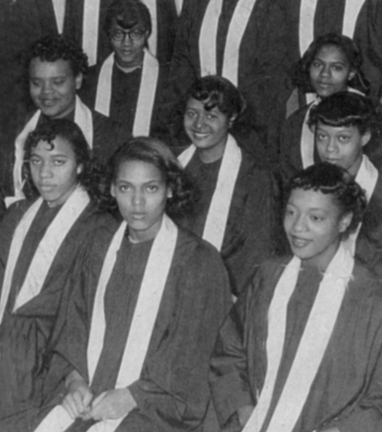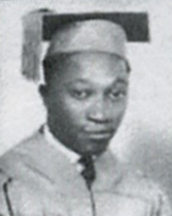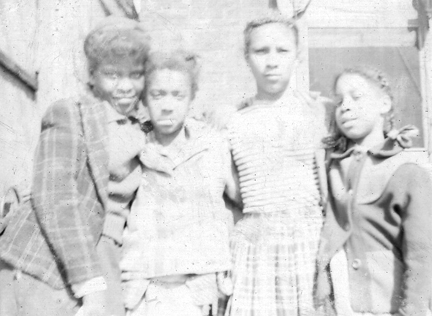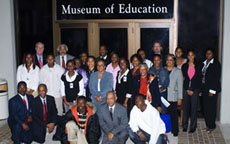

School Planning and |
||||||||||||||
|
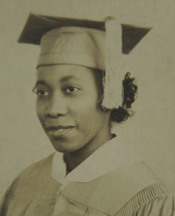 Sayde Bunyan Dean |
|||||||||||||
In March 1943, the Lincoln-Grant School staged a conference on cooperative planning with a focus on guidance practices for social, educational, health, personal and academic problems. The entire school staff participated and helped to define practices for the Secondary School Study. All teachers saw themselves as involved with guidance: "teachers of industrial arts desire to give some vocational information in connection with their shop courses; the social studies teachers want a planned program of vocational information [taught] through subject fields; the English teachers want to stress personality growth through homeroom guidance; the science teachers want significant records and an orientation program for freshman; other teacher desire a program to promote better attitudes toward work and play." Cooperative Planning for School Development
The guidance program, inspired by the Eight Year Study, drew upon cumulative records, interest inventories, and personality rating assessments. This information was a foundation for a school-wide guidance program that included personal, social, and academic topics. |
||||||||||||||
|
“Academically, Grant High School was a close community. There was no tracking, and we all took the same course of study: academic and vocational and mechanics courses.” George W. Bunyan
|
|||||||||||||
"School Growth - This school [Grant High School] keeps a chronological record of modifications made in its program with reasons for these changes. It has a record of contacts which individual teachers and groups of teachers have made with educational agencies. The record attempts to show the effect which these contacts had on the program of the school.
Pupil Growth- Teachers of science and geometry use individual pupil folders to collect a variety of information concerning the growth of individual pupils. The information is used by teachers and pupils as one basis for deciding on important next steps for individual pupils and for the class as a group. Some of the general categories of information are acquisition of factual information, work and planning skills, reading for science information and certain thinking abilities." |
||||||||||||||
|
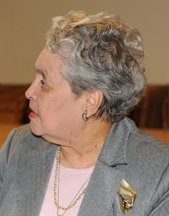 Marian A. Harper |
|||||||||||||

an institutional member of the International Coalition of Sites of Conscience
Museumofed@gmail.com

